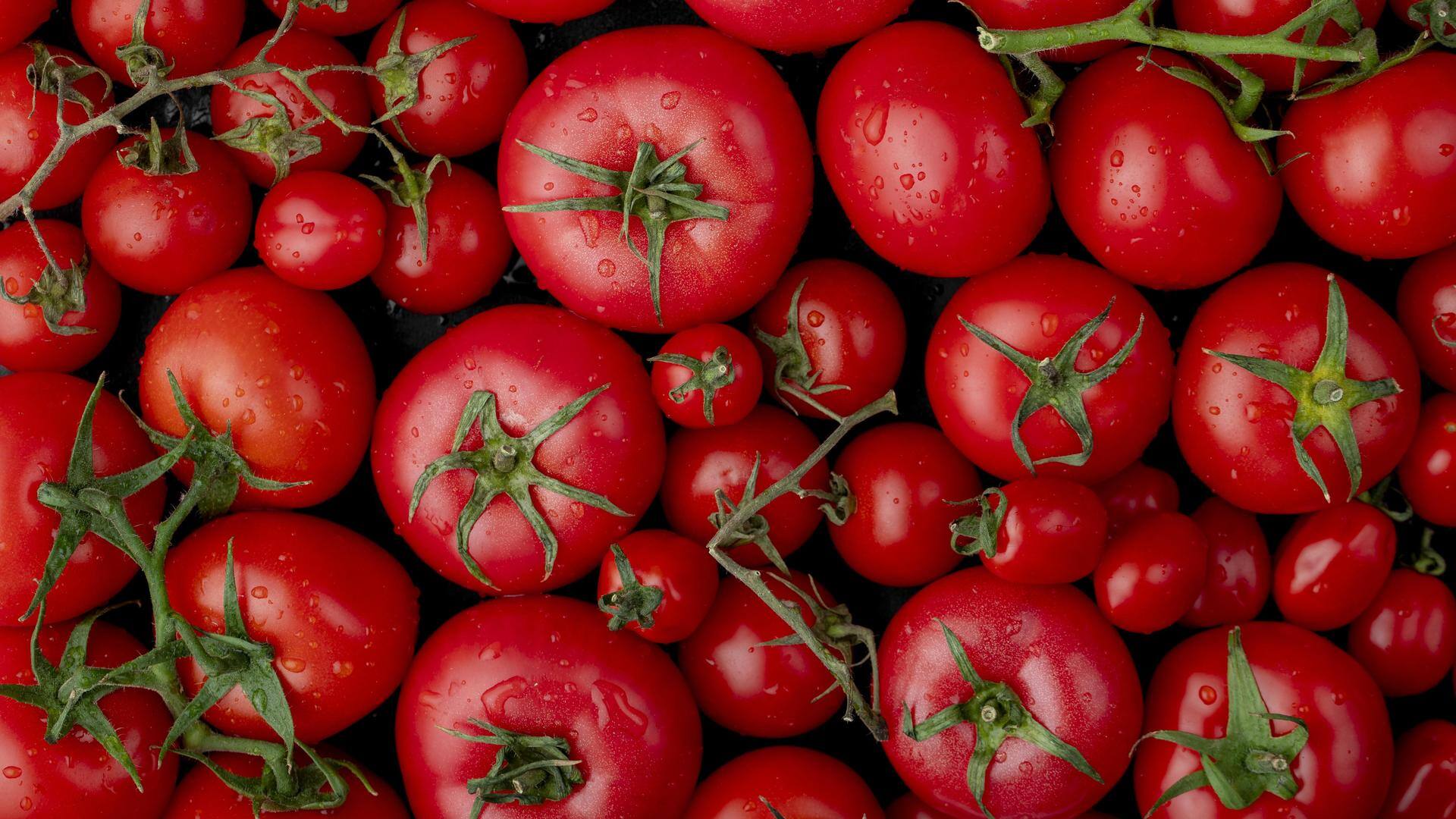
Why tomato prices doubled in days reaching Rs. 100/kg
What's the story
Tomato prices have skyrocketed within days to touch Rs. 100 per kg in many parts of the country, raising inflation concerns for millions of households and the Reserve Bank of India (RBI). While retail prices have jumped to Rs. 80-120, wholesale prices are in the range of Rs. 65-70. But what is the cause behind the sudden surge in prices, let's find out.
Context
Why does this story matter?
The price of tomato in Bengaluru in June's second week was Rs. 25 per kg, which jumped to Rs. 60 last week and reached Rs. 125 this week, as reported by The Times Of India. In May, when prices were around Rs. 3-5 per kg, farmers reportedly dumped their produce on the road as the remuneration didn't even cover the transportation cost.
Production
Production hit by delayed rains, severe heat
Due to low prices earlier this year, many farmers abandoned their fields and didn't use fertilizers and pesticides as it would have increased their losses. This gave rise to pests and disease, thus worsening the production. Subsequently, the tomato crops were hit by high temperatures due to prolonged heatwave conditions as rainfall was delayed, which further resulted in low production.
Twitter Post
Tomato prices have shot up in most states
Karnataka | Price of tomato reaches Rs 100 per kg in Bengaluru
— ANI (@ANI) June 27, 2023
"Last week the price of tomato was between Rs 40-50 Kg. This week the price is Rs 100 Kg. It has suddenly soared up. Other vegetable prices are also high," says Parul, a resident of Bengaluru pic.twitter.com/xsO9O2w1t6
Supply
Supply disrupted from Haryana, UP
Traders in Delhi said the supply of tomatoes from Haryana and Uttar Pradesh dropped, and they were sourcing them for Bengaluru. Despite this, India's horticulture production is expected to see a rise of 4 million tons (MT) this year from 347 MT in 2021-22. However, the production of tomato and onion is feared to be lower than the previous year, as per TOI.
Price
Traders hope price to come down soon
Nonetheless, traders expect the prices to normalize soon. Traders from Delhi said the prices would come down as the harvest will begin soon in new pockets. However, they expressed apprehension about heavy rains in Himachal Pradesh and other cultivated regions. In this case, the high prices might persist. Notably, 13 states, Andhra Pradesh, Madhya Pradesh, and Karnataka, account for 91% of India's tomato production.